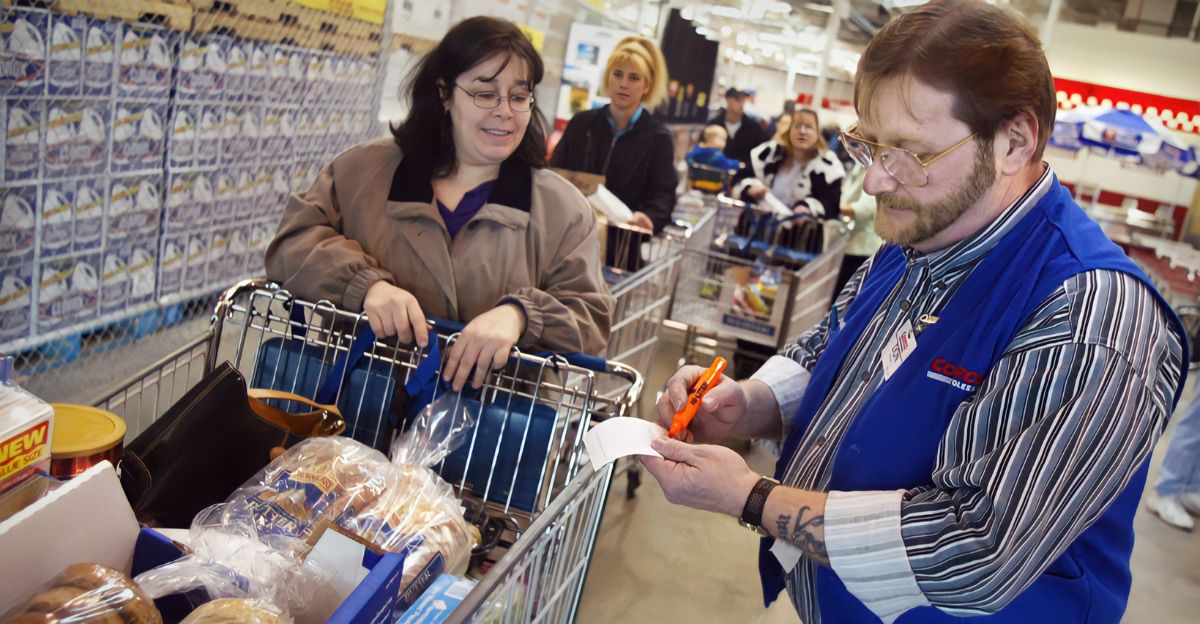
Thinking of Costco as a bargain paradise can blind shoppers to a grim reality: not every item is a good value. There are devoted devotees of Costco, but there will always be some Costco products that create buyer’s remorse, fanning the flames of conversations on online forums.
To be fair, some of Costco’s biggest regulars or biggest missed promotional opportunities do indeed fail, and more broadly, this exposed some cracks in Costco’s product selection and quality control strategy. Ultimately, what gives rise to these disconnects calls into question the belief that bulk purchasing equals value. Below are seven Costco products shoppers swear they will never buy again and their reasons.
1. Kevin’s Natural Foods
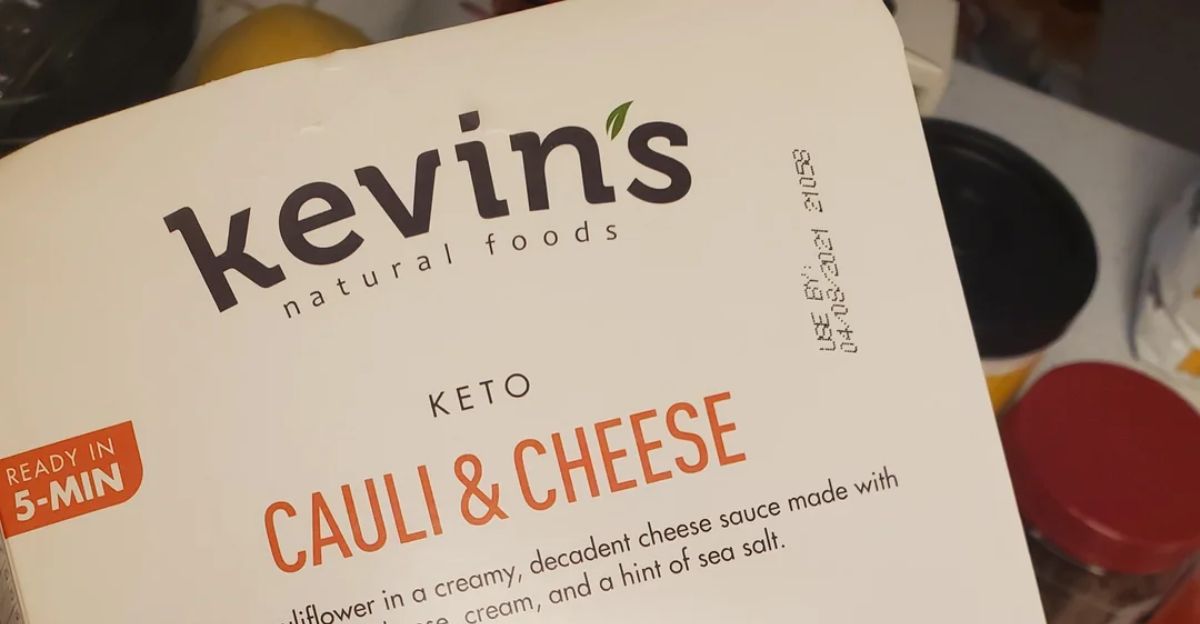
Kevin’s keto food at Costco has been a lightning rod for disillusionment. Customers describe his pre-prepped versions as dull, unpalatable, and monotonous “tasteless meat with a bag of trash,” as one Redditor describes. The outrage reflects a greater difficulty: scaling specialty diet foods without watering down taste or quality.
Kevin’s gaffe demonstrates how indulging in trendy diets can backfire when taste and integrity are compromised. It is also a reflection of a psychological lack that food for health must be both healthy and taste good, and if one fails, it engenders skepticism about the product and the category.
2. Kirkland Toilet Paper
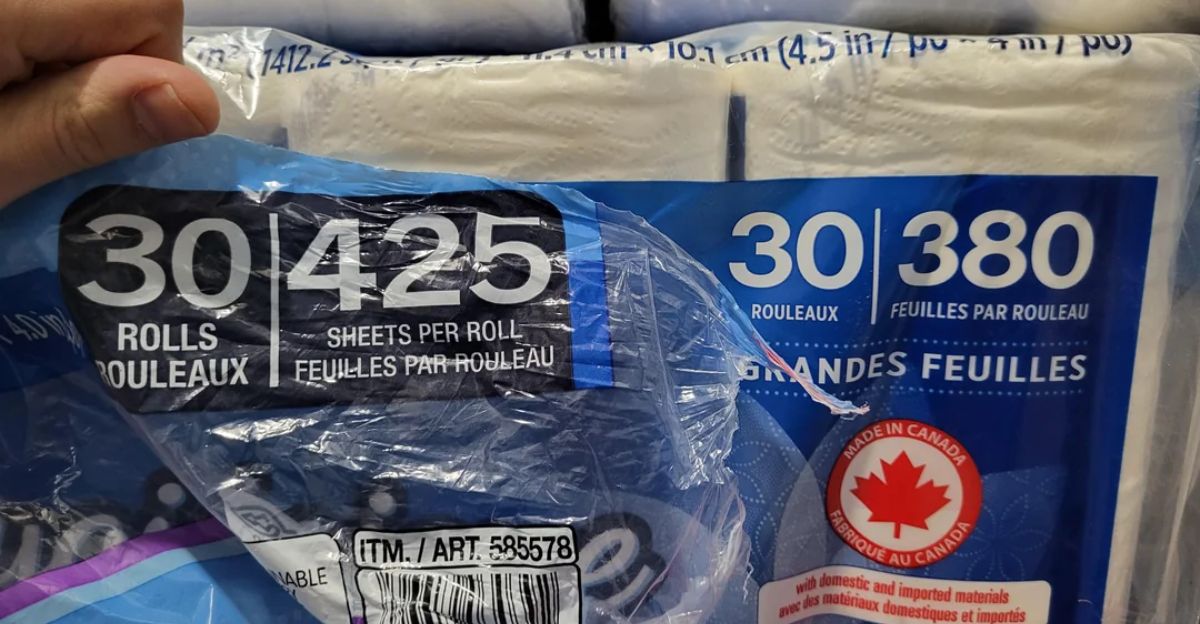
Costco’s Kirkland Signature toilet paper was a cult favorite in the past for its quality and durability, which typically beats upscale brands like Charmin. However, recent word that it is too thin, flimsy, and cottony has soured customer loyalty.
Some consumers theorize a supply switch, one joking that their “pooper can tell.” This fall testifies how even household staples can damage brand equity if quality drops. There is emotional damage created to customers by misleading them with a product they use daily, thereby establishing distrust of Costco’s quality commitment throughout the store.
3. The Rotisserie Chicken
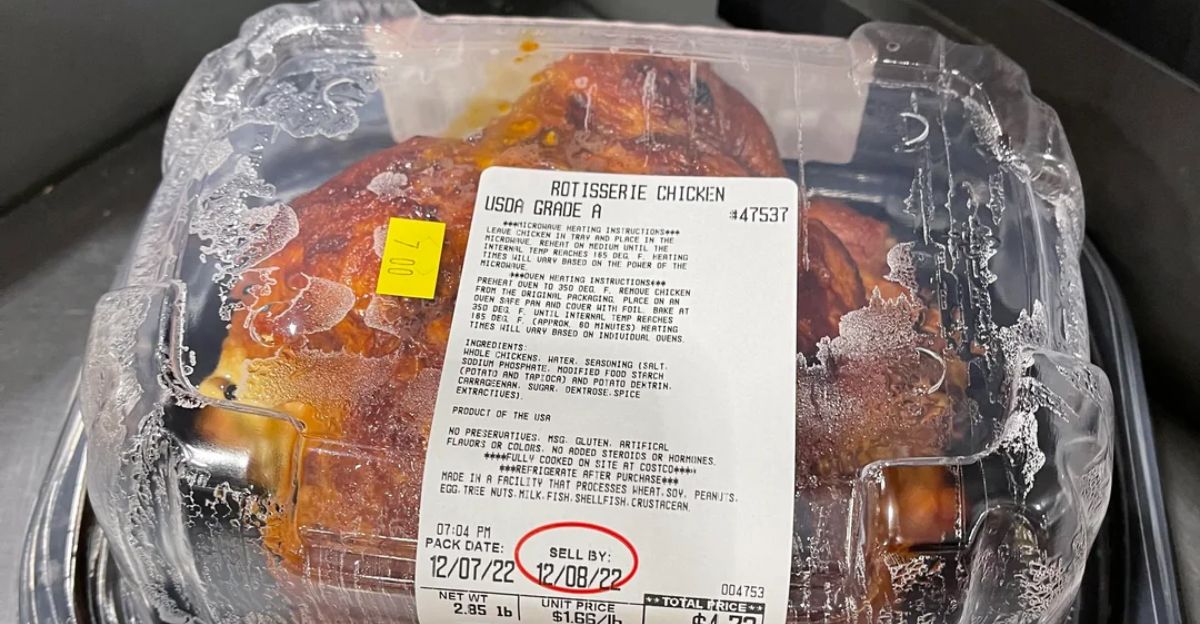
Costco’s rotisserie chicken is famous for its price and convenience, which is generally considered a key membership driver. However, many consumers now complain of a surepulsive pink color on the inside and chemical-type flavor, indicating potential processing or packaging changes.
This conflict between expectation and experience is astonishing; a product previously equated with value and flavor now promotes health and quality questions. The rotisserie chicken debacle shows how faith and nostalgia can be lost, inspiring vociferous consumer outrage and reconsidering what “value” actually is in grocery retail.
4. Fresh Produce
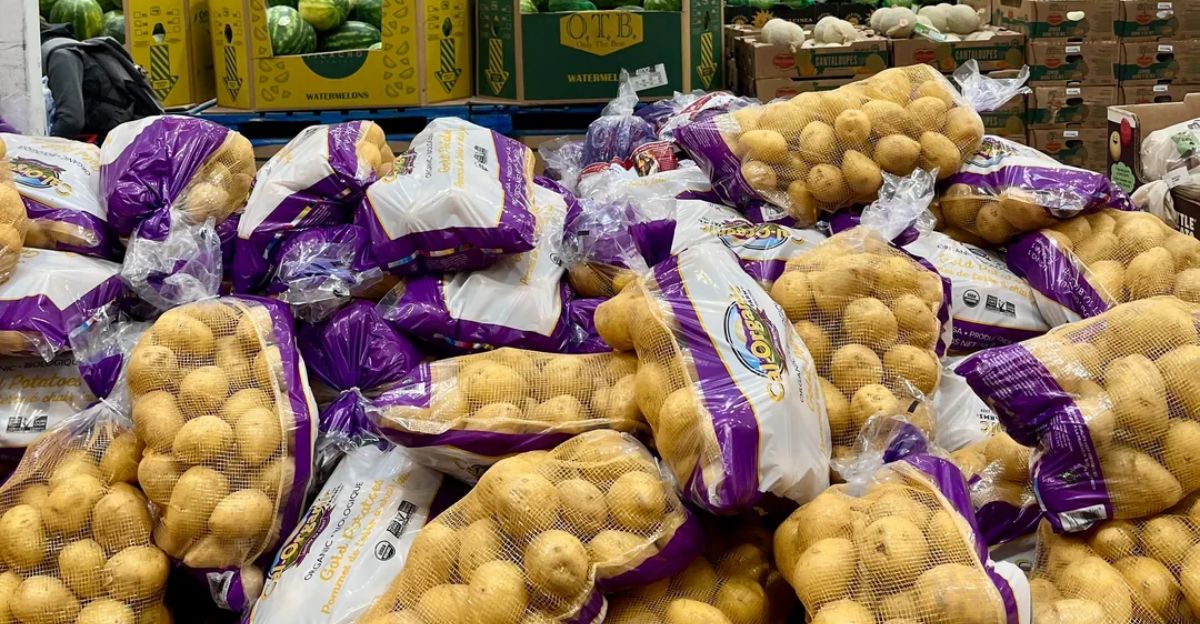
Costco bulk produce, especially strawberries and avocados, tends to be criticized for rapid spoilage and inconsistent quality. Consumers gripe that Peruvian avocados turn immediately underripe, then overripe after a matter of days, making them unusable. This case illustrates the subtlety of extending fresh produce distribution without compromising oneness.
It also exposes a psychologically based dilemma: consumers want to save money on bulk items, but not through wastage. This future frustration can lead to consumers going to a local farmer’s market or specialty store, identifying a potential point of change against warehouse retailers for food items.
5. Kirkland Coffee
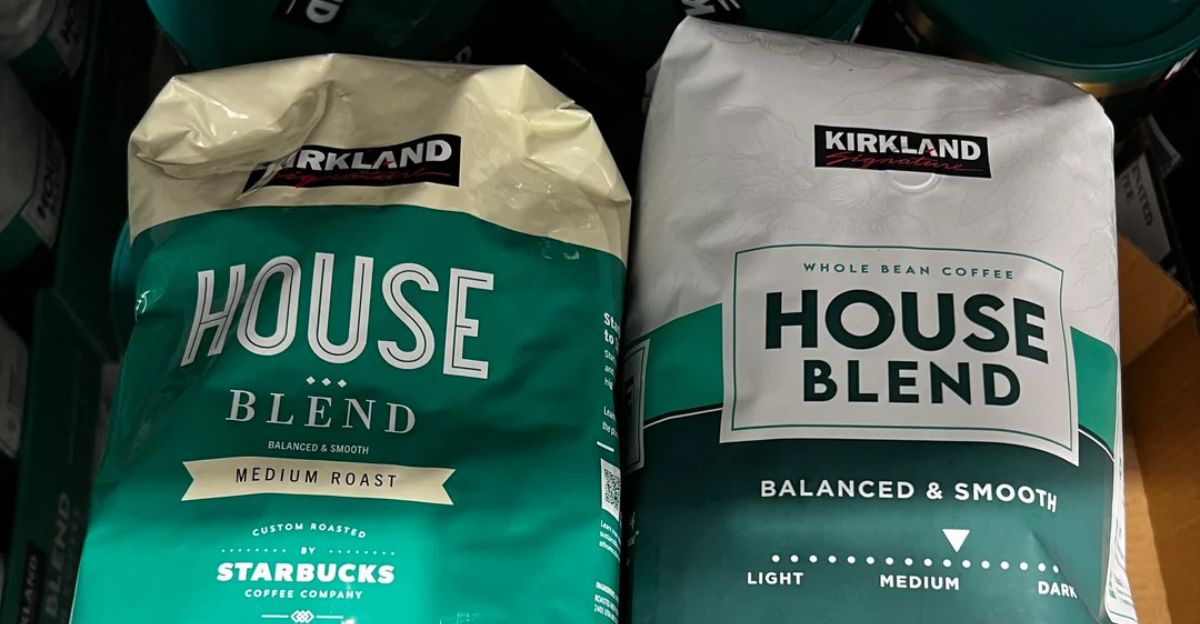
Kirkland’s Signature House Blend Whole Bean Coffee, once praised for being of good value, has recently been faulted for being too dark a roast that yields a bitter, burnt flavor. Coffee aficionados on Reddit describe it as unbearable, compared to Costco’s tradition of quality.
It is proof of the difficulty in achieving a balance between cost and flavor complexity when manufacturing coffee on a large scale. It also speaks to the value of sensory experience, smell, and taste in instilling long-term consumer attitudes. When a staple like coffee fails, it can erode confidence in that product and the entire Kirkland brand.
6. Muffins And Desserts
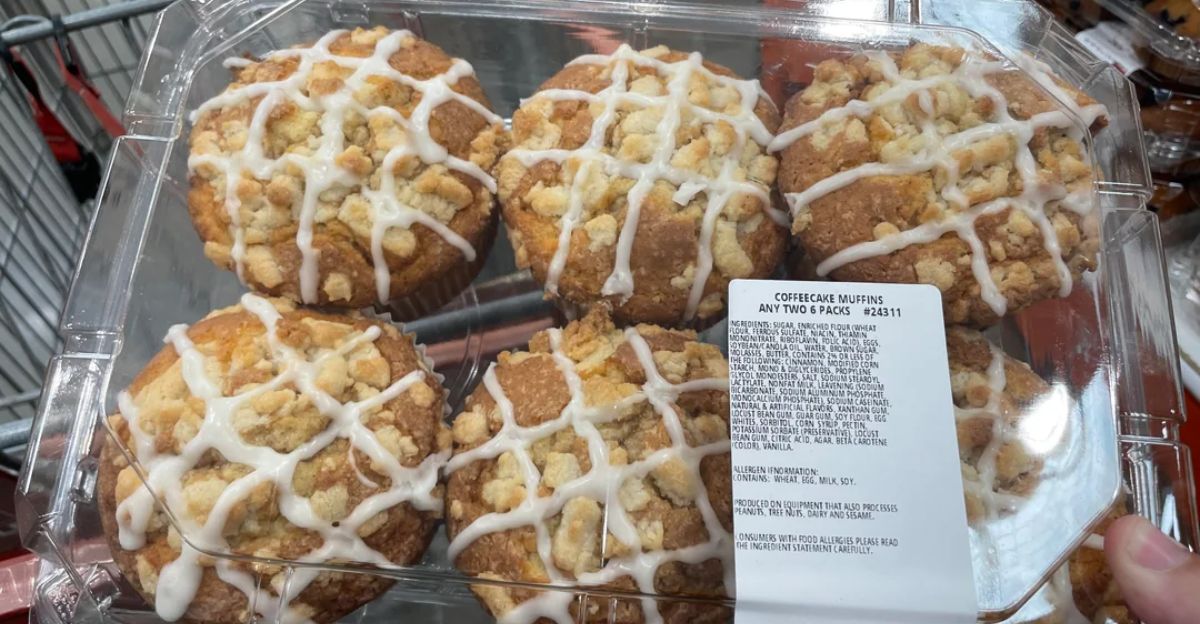
Costco’s bakery products, like muffins and desserts, are often berated for being bland or too large, leading to wastage. Consumers remark that freshly baked muffins lack the flavor kick of stale ones, and the very size of desserts makes them infeasible to complete.
It indicates a marketing misstep: focusing on size at the expense of convenience or flavor. Psychologically, big sizes will initially attract buyers but eventually lead to buyer’s remorse and disappointment, killing repeat business. This trend contradicts the assumption of “bigger being better” and calls for a subtler method of product sizing and flavor profiling.
7. SnapDragon Chicken Pad Thai
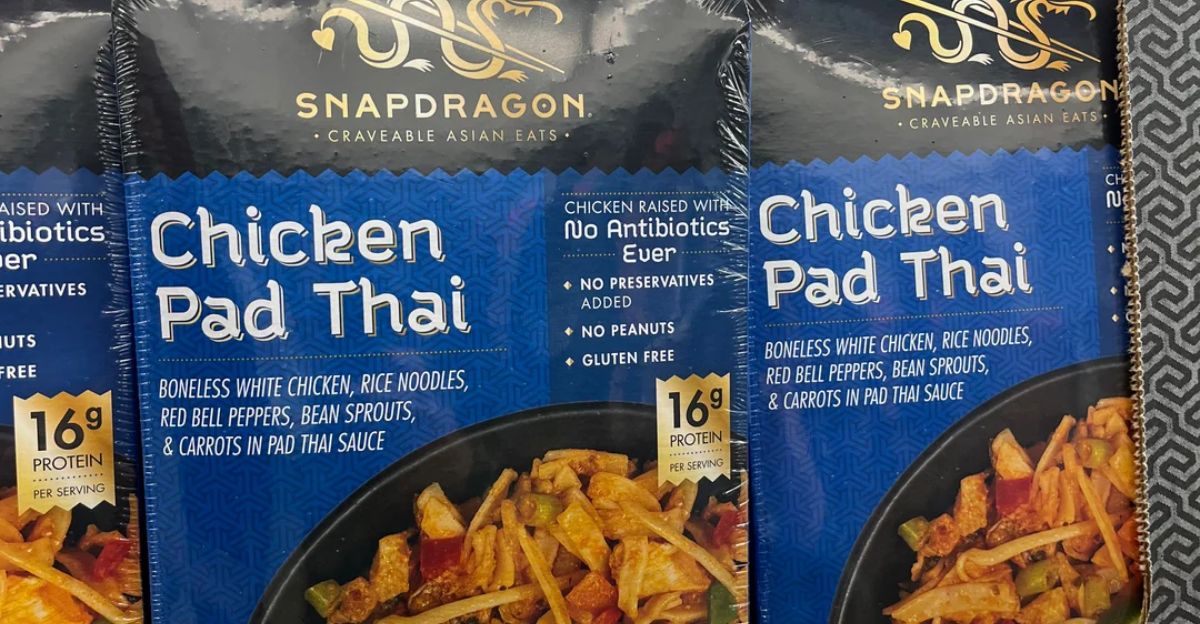
People describe Costco’s SnapDragon Chicken Pad Thai as confusing and disappointing, with one user likening it to “someone describing it over a string-and-cup telephone while drunk and craving Mexican food.” Such harsh critiques reveal the risks of attempting ethnic or specialty foods without authentic flavor profiles.
This failed product illustrates how cultural simplification or misappropriation for mass retail may disenfranchise consumers seeking an authentic taste experience. It also represents a broader consumer trend toward a preference for authenticity and gastronomic integrity over convenience.
The Impact Of Customer Discontent On The Broader Market

Dissatisfaction with Costco products among customers doesn’t end with individual purchases. Customers tell one another or share their negative experiences on social media, which amplifies the effect of the product’s dishonestly divided expertise.
One ongoing study determined that the average dissatisfied consumer can impact dozens, not thousands, of others, costing emotional energy, brand loyalty, and future revenue in a much larger way. Such a dynamic presents the strategic imperative for Costco to address quality inconsistency upfront.
What We Can Learn From Costco’s Consumer Backlash

The seven Costco products not bought provided us with some essential lessons on the limits of mass retailing. Brand loyalties and bulk discounts won’t compensate for poor quality, authenticity, or customer trust. These episodes reveal the shopper-retailer psychological contract. When broken, it unleashes disproportionate anger and permanent damage.
Costco’s subsequent actions will include creativity, quality control, and paying more attention to customer complaints. For customers, this suggests value is multi-dimensional – yes, price is only one element of value, but taste, freshness, and trust are also parts of value. This new awareness can change our consumption and our expectations of major retailers.
Discover more DIY hacks and style inspo- Follow us to keep the glow-up coming to your feed!
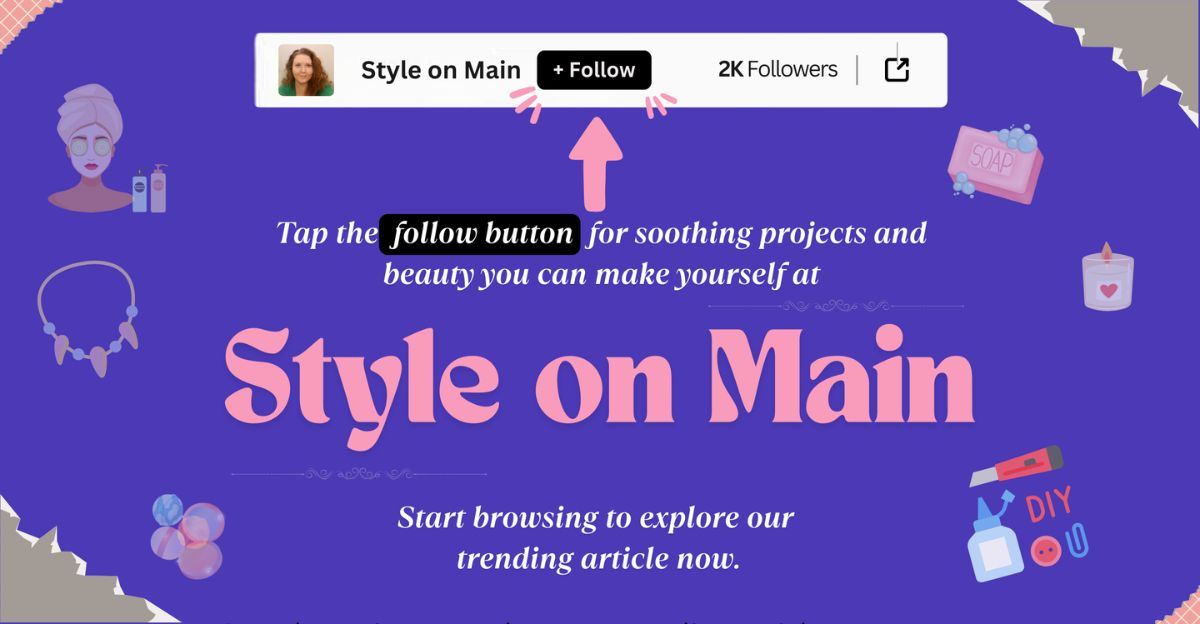
Love content like this? Tap Follow at the top of the page to stay in the loop with the latest beauty trends, DIY tips, and style inspo. Don’t forget to share your thoughts in the comments — we love hearing from you!